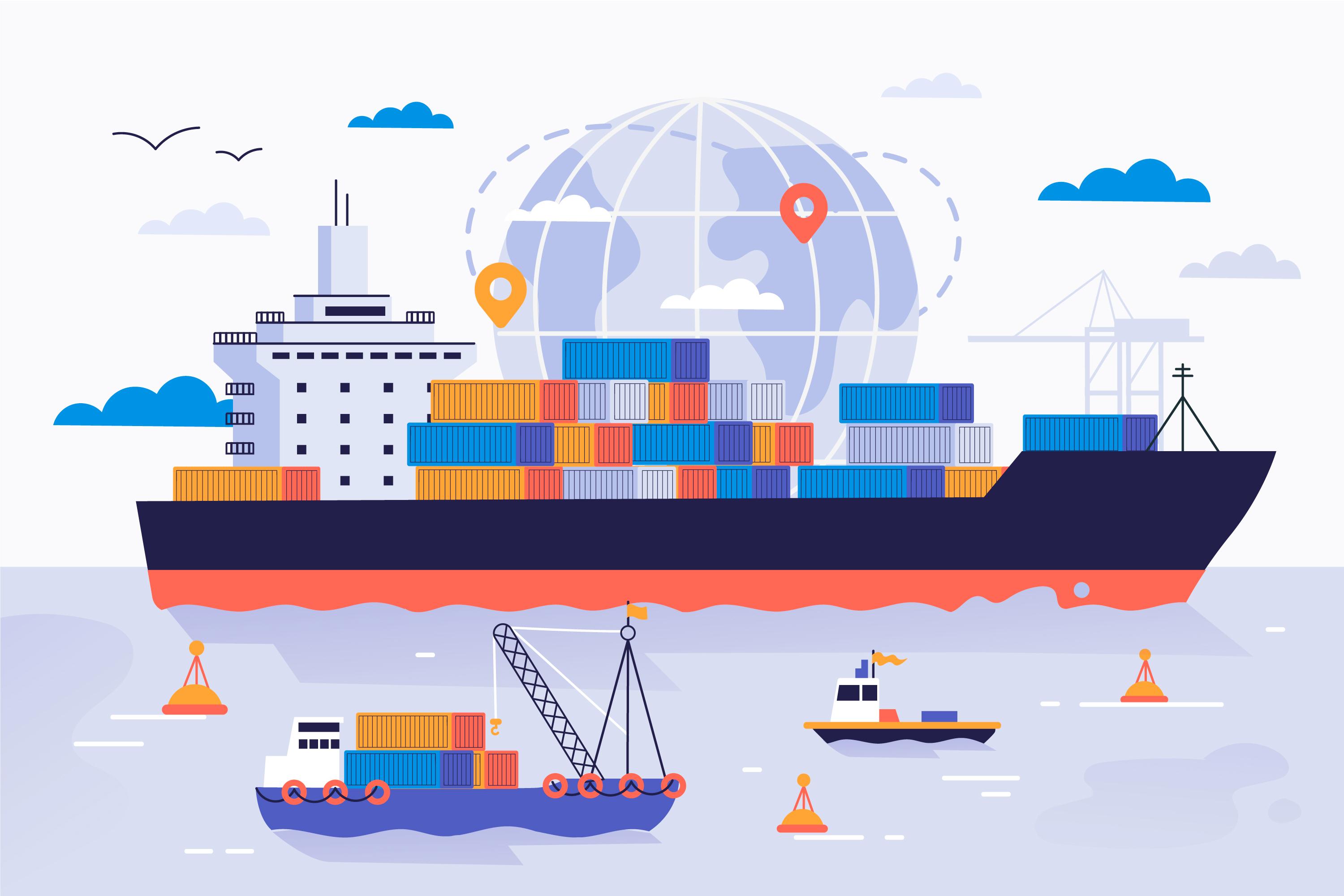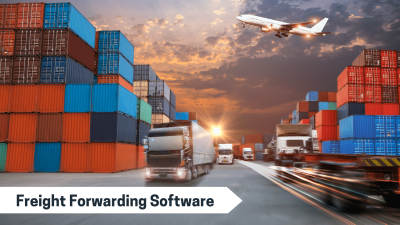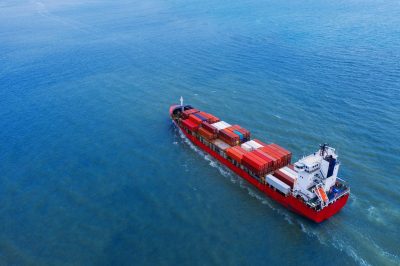No matter the type of business, it is common to hear the words “Logistics Management” and “Freight Management” thrown around easily.
And both “Logistics” and “Freight” are associated with the movement and transportation of goods; by truck, rail, ships, or any other form of transportation— basically, one of many transportation management solutions.
However, professionals who work in the supply chain field can tell about the distinctions in this terminology. And the reason behind this is that it is crucial when you take the tasks in this specific industry and the required skills.
Also, if you are thinking of optimizing your supply chain segment, then Freight Management and logistics management can be very beneficial for you to reach there. Moreover, you get to know the importance of understanding the difference between these terms, if you are looking to execute the transportation of your goods or are involved in this business.
But, before getting the difference between both the terms, let’s dive into understanding these terminologies individually:
What is Logistics Management?
Logistics management is the comprehensive course of handling the acquirement, storage, and transportation of products to the final destination. To be precise, logistics management is one of the most important factors of supply chain management or simply, all systems that consist of managing the preparation and implementing the efficient forwarding and warehousing of goods, services, and transport-related data between the source of the products and final destination.
Logistics Management is the major factor of the whole service that has relatively more important activities than others in freight management service.
Logistics management activities consist of:
- Order management, with both, Customers and Suppliers
- Warehouse and Distribution Center, Planning and Management
- Materials management, Packaging, and Transportation management
- Inbound and Outbound logistics
- Strategic Planning of all aspects of the Supply Chain and Goods Movement
- Supply Chain Network and Optimization
- Information Flow, Tracking and Traceability Management
- Supplier Relationship and Management
- Work Flow Analytics
- End to End Supply Chain Visibility and Flow Management
- Asset (inventory, infrastructure) Management
What is Freight Management?
As the name suggests, freight management is the procedure of managing the transportation of freight. In other words, freight management is the process of controlling and applying a cost-efficient procedure with the delivery of items (freight). Freight management is the mixture of human resources, logistics experience, and information to level up the sync between the shippers and carriers.
As per the above definition and other management activities in their basic form, are as follows:
- Forming contact with, picking, and engaging carriers and transportation companies
- Negotiating regulations and conditions, rates, and expectations associated with the transportation of products
- Creating the appropriate labeling and paperwork to accompany all products in transit
- Dispatching and scheduling transport carriers to pick up and deliver products at estimated times
- Planning for improvement in the mode of transport, vehicle routing, and load balancing
- Tracking and tracing the movement of the items throughout the supply chain
- Working with customs brokers and making sure customs compliance
- Make sure to have the proper insurance to cover the expense of goods in transit
- Managing any freight claims
- Managing the receipt and payment of all the invoices related to the transportation of goods
- Looking for more opportunities to increase the movement of goods to optimize delivery performance, and reduce transit time, cost, and any environmental impacts.
This was the list of responsibilities required in freight management. Though these activities aren’t much appreciated by people outside of this field, they play an important role in management.
Not to mention, without proper freight management, most company operations would come to halt.
Now, let’s understand the difference between the terms; Logistics and Freight Management:
Difference Between Logistics Management and Freight Management
As mentioned above, people who do not work in any sector of the supply chain will consider the terms logistics and freight management to be synonymous.
Nonetheless, the definitions of both the terms and the activities which occur in their management show that they are quite different from each other.
For instance, logistics management is a broad, all-inclusive term. The scope of logistics activities is pretty vast that covers a varied range of activities and stakeholders. However, it is limited to freight, transportation, and management.
On the other hand, freight management is a part of logistics management. Though it is as important as logistics management. Because without freight management, and the employees who make it possible, there will be nothing left for logistics management software to function and fulfill its needs.
To get more information about logistics and freight management, you can contact us at https://www.boxonlogistics.com/request-demo/






COMMENTS